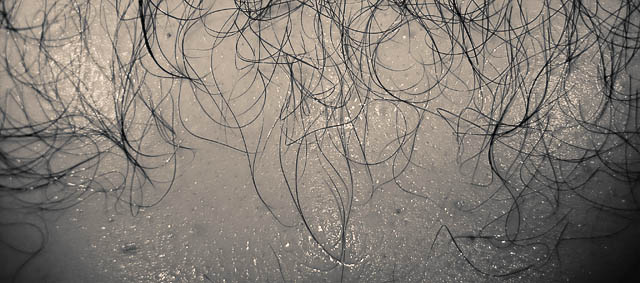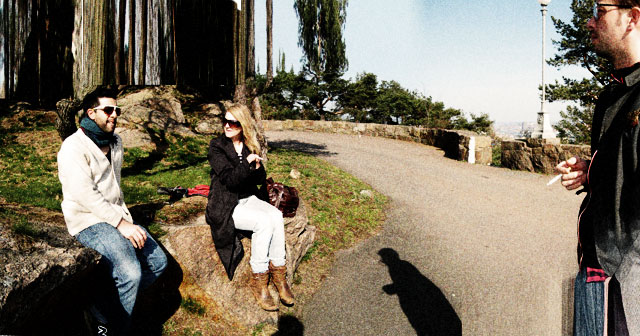I think it’s time that we can all agree that the news industry is failing. Hundreds of newspapers have declared bankruptcy and gone under in the past couple years — and thousands of Journalists are out of work. But I’m curious: what are all these journalists doing? Laying down and giving up? I’m wondering why I don’t see a flurry of journalistic startups.
→ Warpspire, Kyle Neath: Why aren’t there any journalistic startups?
The Dadaists were very cross. They blamed the horrors of the First World War on the Establishment’s reliance on rational and reasoned thought. They radically opposed rational thought and became nihilistic — the punk rock of modern art movements. Dada plus Sigmund Freud equals Surrealism. The Surrealists were fascinated by the unconscious mind, as that’s where they thought truth resided.
→ Times Online, Will Gompertz: It’s double art history with Mr Tate [Via Sippey]
The notion that lactic acid was bad took hold more than a century ago, said George A. Brooks, a professor in the department of integrative biology at the University of California, Berkeley. It stuck because it seemed to make so much sense. “It’s one of the classic mistakes in the history of science,” Dr. Brooks said.
→ New York Times, Gina Kolata: Lactic Acid Is Not Muscles’ Foe, It’s Fuel

